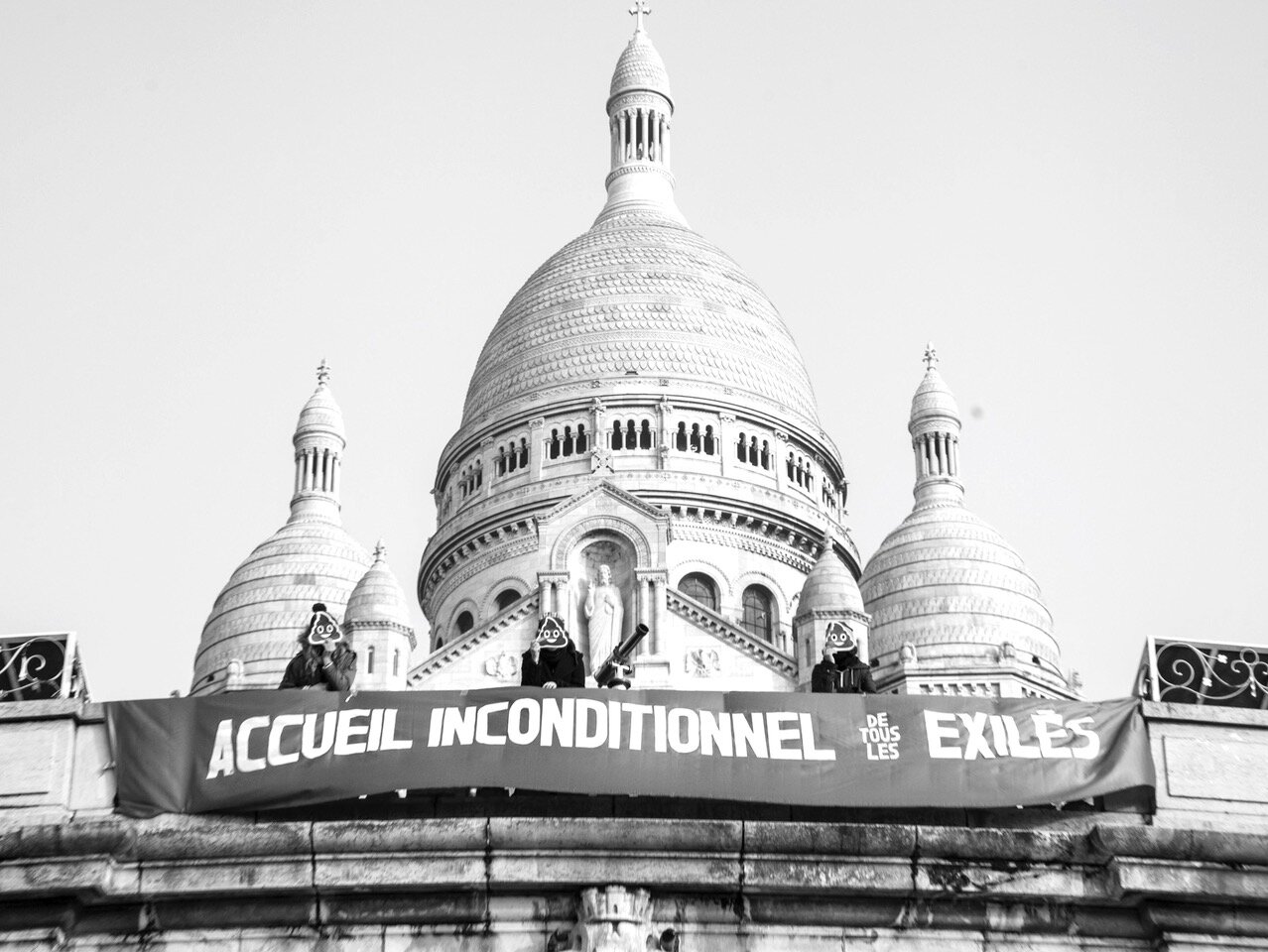Uganda’s ‘self-reliance’ policy for refugees has been widely praised, and described by UNHCR as a model of development-based assistance for other countries to emulate: it allows refugees the right to work and freedom of movement. But while there is evidence to suggest that there are positive outcomes from the 'self-reliance' approach, rarely have these policies been examined in historical or political context. This post argues that ostensibly liberal policies have often emerged from illiberal politics.
Understanding historical and political contexts to contemporary refugee movements.
Blog Categories
Authors
A - Z
- Agnes Woolley
- Alexander Betts
- Alice Lucas & Charlotte Gallagher
- Alyssa Girvan
- Alyssa Girvan & Becky Taylor
- Amy Grant
- Anna Maguire
- Annabelle Wilkins
- Anne Gerhard
- Anne Irfan
- Antoine Burgard
- Arabella Dorman
- Arddun Arwyn
- Aydan Greatrick
- Baher Ibrahim
- Bastiaan Willems Michał Adam Palacz
- BCA’37 UK - The Association for the UK Basque Children.
- Becky Taylor
- Ben Teuten
- Benjamin Thomas White
- Benjamin White
- Benjamin Lawrance Vusumuzi R. Kumalo
- Bríd Ní Ghráinne
- Calogero Giametta
- Caroline Shaw
- Charlotte Lysa
- Christian Williams
- Claire Eldridge, Christoph Kalter, and Becky Taylor
- Colin Yeo
- Crecy Boone
- Dan Stone
- E. Kyle Romero
- E.E.
- Elena Fiddian-Qasmiyeh
- Elena Fiddian-Qasmiyeh & Yousif M. Qasmiyeh,
- Elisa Sandri
- Ellie Smith
- Emily Crowley
- Fiona Barclay
- Fionntán O'Hara
- Gerawork Teferra
- Haig Smith
- Hari Reed
- Helena Lopes
- Helidah Ogude-Chambert
- Huw Halstead
- Imogen Dobie
- Ismail Alkhateeb, Irem Karabağ, Marcia C. Schenck, and Kate Reed
- Jana Lipman
- Jeff Crisp
- Jennifer Reeve
- Jochen Lingelbach
- Jordanna Bailkin
- Joy Damousi, Filippo Nelli, Anh Nguyen Austen, Alessandro Toffoli & Mary Tomsic
- Juliette Frontier
- Karen Akoka & Aubépine Dahan
- Karl Qualls
- Kate Ferguson
- Katherine Mackinnon
- Katherine Luongo
- Katy Budge
- Kieran Taylor
- Koen Leurs & Kevin Smets
- Laura Madokoro
- Laura Robson
- Lauren Banko
- Lisa Matthews
- Lucy Fulford
- Lyndsey Stonebridge
- Maja Janmyr
- Marcia Schenck Kate Reed
- Marta Welander
- Melissa Gatter
- Mikhal Dekel
- Muhammad Zaman
- Neil Crawford
- Niamh Hanrahan
- Nick Miller
- Nora Milch Johnsen Maja Janmyr
- Olaf Kleist
- Paladia Ziss
- Paul Dudman
- Paul Collier & Alexander Betts
- Paul Dudman & Rumana Hashem
- Peter Gatrell
- Rachel Ainsworth
- Rachel Pistol
- Rachel McNally
- Rahul Balasundaram
- Rebekah Klein-Pejšová
- Refugee History
- Rhys Crilley
- Ria Kapoor
- Ria Sunga
- Richard Mills
- Robert Carr
- Rosy Ricket
- Ryan Sun
- Samantha Knapton
- Samantha Knapton and Katherine Rossy
- Sameema Rahman
- Sandeep Parmar
- Sara Cosemans
- Sara Cosemans & Maja Janmyr
- Shaun Hargreaves Heap
- Sinéad Murphy
- Tabea Linhard
- Tess Berry-Hart
- Tony Kushner
- Trudi Tate
- Uttara Shahani
- Vesna Lukic and Thomas Kador
- Vinh Nguyen
- Yousif M. Qasmiyeh










